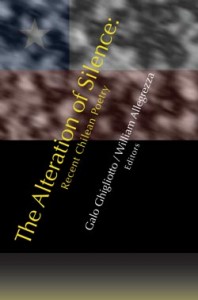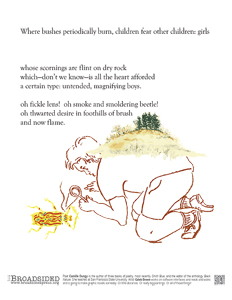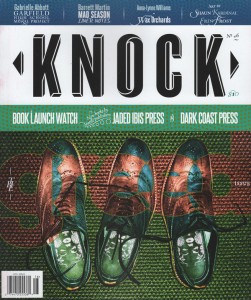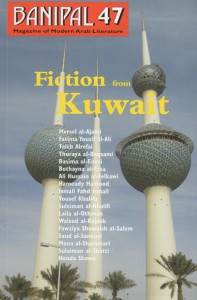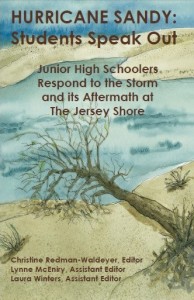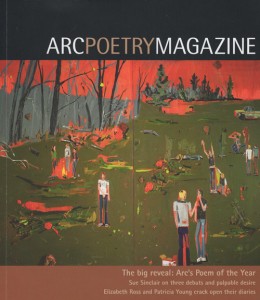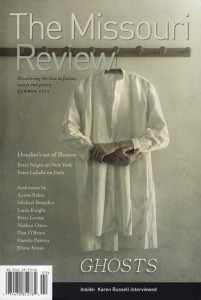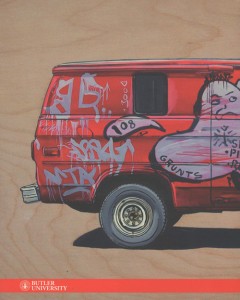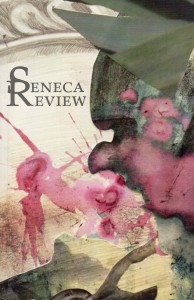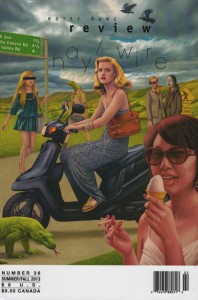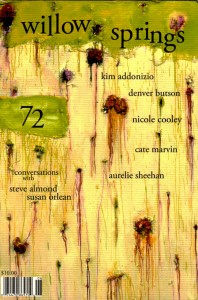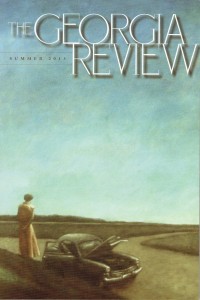“Alphaville offers a dynamic international forum open to the discussion of all aspects of film history, theory and criticism through multiple research methodologies and perspectives. Alphaville aims to cultivate inspiring, cutting-edge research, and particularly welcomes work produced by early career researchers in Film and Screen Media. The editors seek work that engages with current debates and especially invite contributions that display a clear engagement with methodological issues.
“The journal is open access to fully contribute to international debates in film and screen studies and beyond, and welcomes essays, festival and conference reports and book reviews, as well as print, audio and filmed interviews.
“Alphaville is the first fully peer-reviewed online film journal in Ireland. It is edited by staff and PhD and postdoctoral researchers in Film Studies at University College Cork. It is published twice a year, in Summer and Winter, with both open and themed issues that aim to provoke debate in the most topical issues in film and screen studies.”


